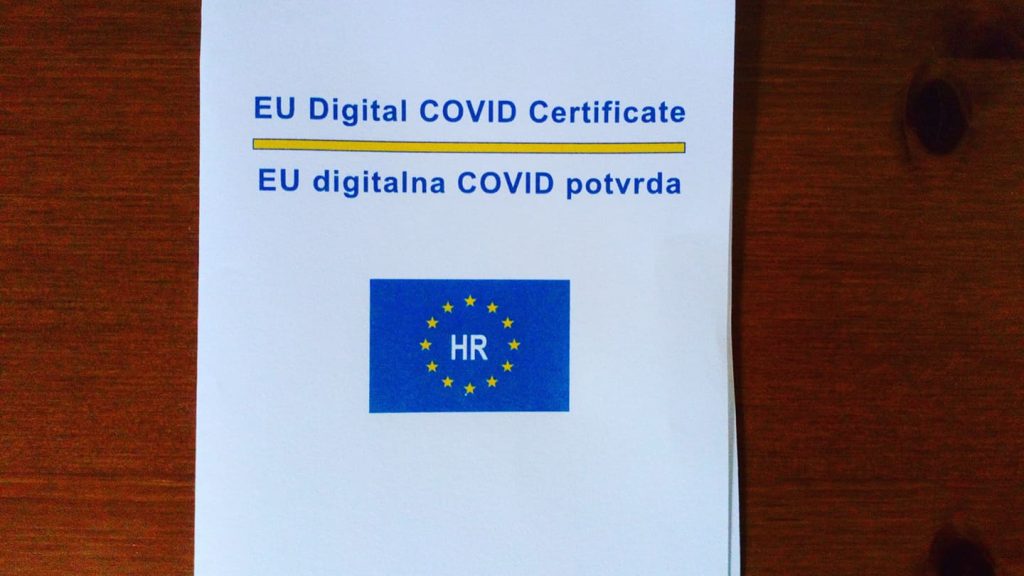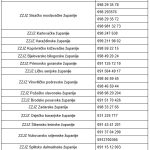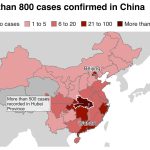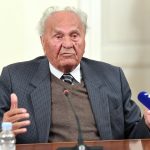As Novi list writes, milder epidemiological measures apply to both schools and preschools, and Minister Radovan Fuchs has announced that he will fight to keep schools open even if the epidemiological situation worsens.
The new school year 2021/2022 will begin in Croatia with live classes for about 313,000 primary and 143,200 high school students with less epidemiological measures compared to the previous school year, and with free textbooks for all primary school students.
Here’s what we know of what to expect from Minister Radovan Fuchs:
Rules regarding socialisation and physical contact
Among other things, the socialising and physical contact of children from different groups and classes is allowed, especially in kindergartens when conducting short programmes with preschool children, and in schools during elective classes.
The aforementioned measure also refers to foreign language teaching, additional and supplementary teaching, programmes of extended stay, the teaching of the language and culture of national minorities according to Model C, preparatory and additional teaching of Croatian language for children who don’t know any or don’t know enough Croatian language and the like.
Students will also be permitted to move from class to class when required to do so the teaching process, such as teaching in classrooms, exercise rooms, computer classrooms, practicums for practical classes, as well as in school halls and in regard to physical education. Training for sports clubs will also be permitted.
There will be no measuring of childrens’ temperatures at the entrance to school
School staff and students won’t have their temperatures measured at the entrance to school, but they will need to have it measured at home, and if their temperature is elevated, they will need to stay at home until whatever is causing the temperature spike is resolved.
Visitors participating in extracurricular activities, such as performances and the like, will be required to have covid certificates confirming that they are either negative or fully vaccinated. Live parents’ meetings and information sessions for parents will also be allowed.
On top of that, student internships with employers will be allowed to take place.
Masks only need to be worn if social distancing can’t be properly respected for whatever reason
Masks aren’t obligatory for students from the first to the fourth grade of primary school, nor are they mandatory for students of higher grades of primary school (from the 5th to the 8th grade) if a distance of one and a half metres can be ensured in classrooms, and for high school students if there is a distance of two metres maintained.
If these conditions cannot be met for some reason or another, masks will be mandatory for upper elementary school students and for high school students. In addition, the Civil Protection Directorate may, at a local level and based on a favourable epidemiological situation, waive the obligation to wear a mask for a particular school, group of schools or area.
According to the latest available data, almost 58 percent of school staff have been fully vaccinated, while the percentage of staff vaccinated who work in high schools has reached almost 60 percent.
For all you need to know about coronavirus specific to Croatia, make sure to bookmark our dedicated section and choose your preferred language.











